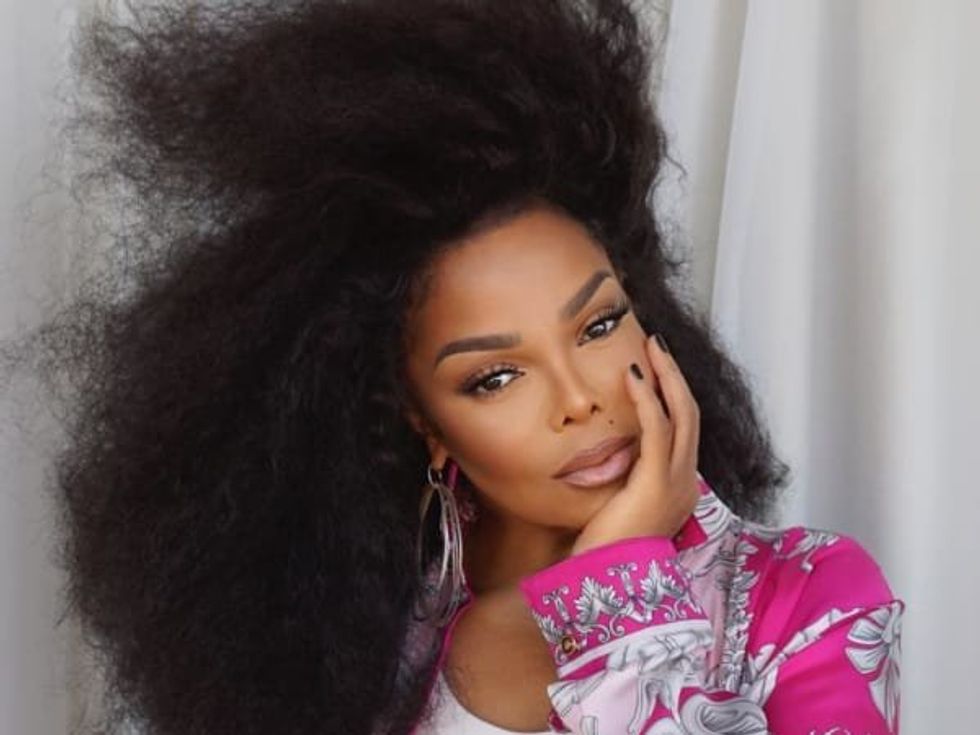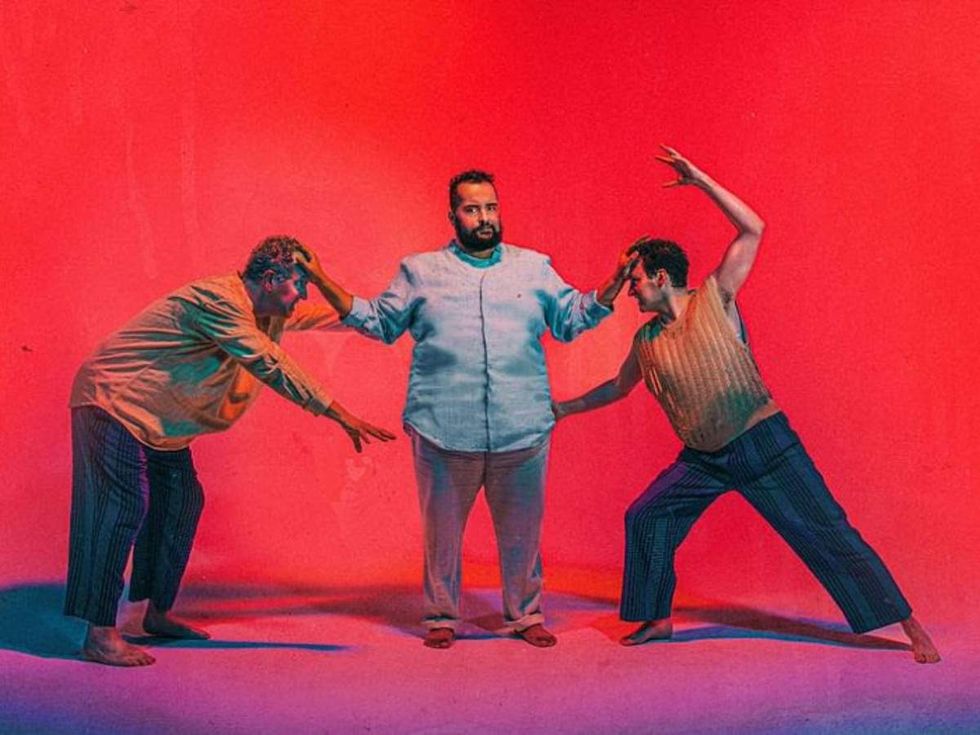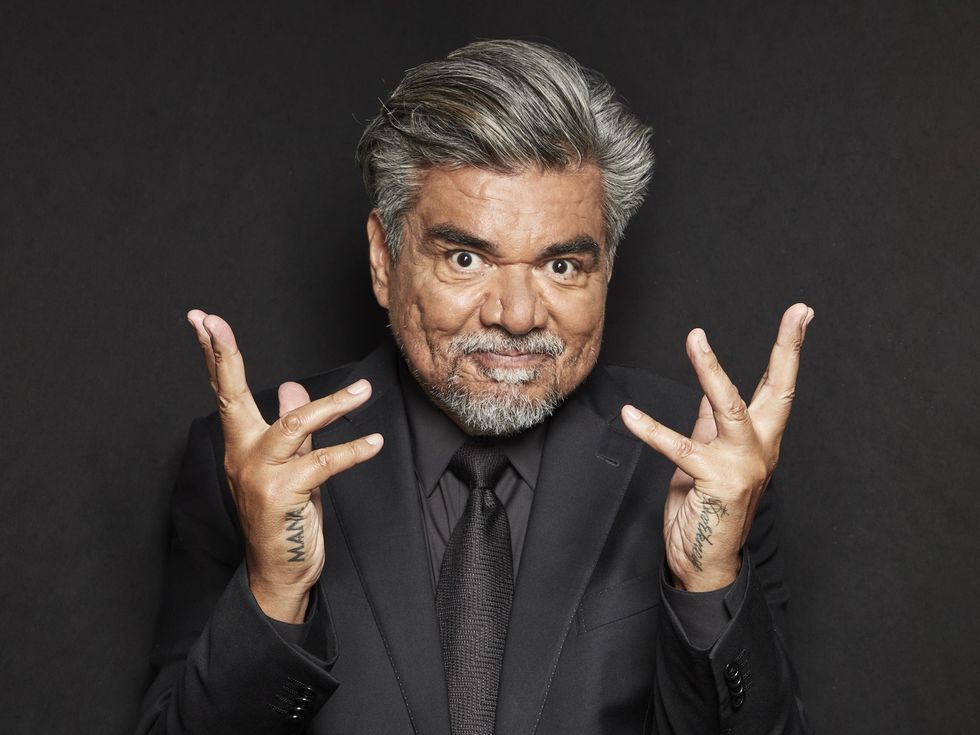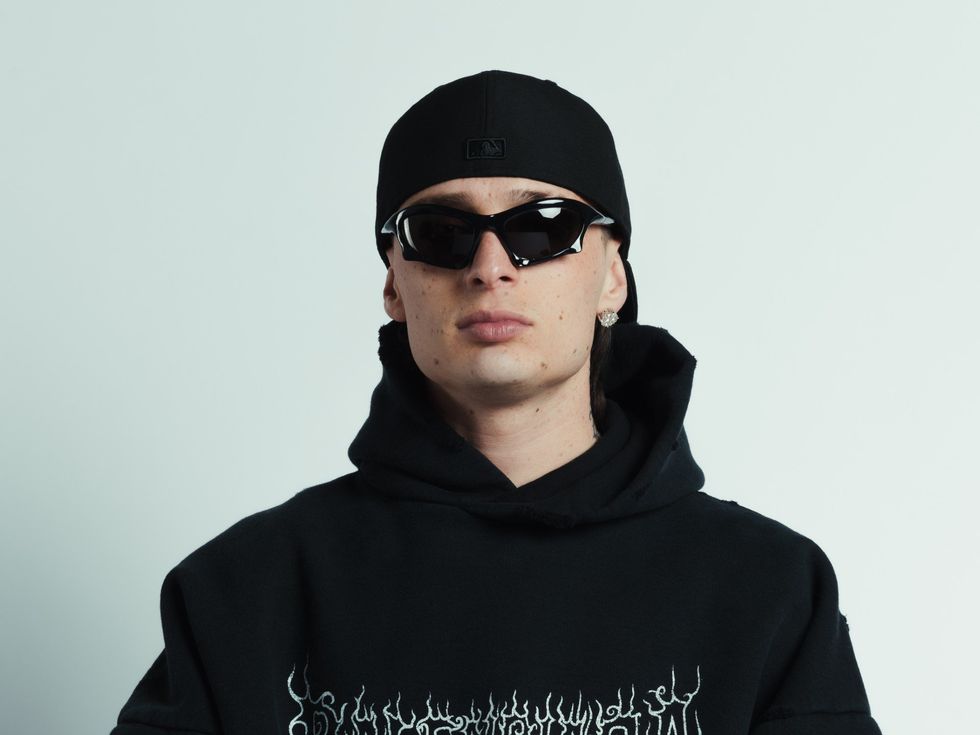It's a packed weekend in and around Fort Worth, with Dickies Arena getting a workout with three big performers. There will also be two huge concerts in Arlington, opera on a small scale, two local theater productions, a comedy troupe saying farewell to their original venue, a trio of country concerts, a celebration of the American cowboy, a unique concert paying tribute to a recent musical, and the last days of a big art exhibition.
Photo courtesy of Morgan Wallen
Below are the best ways to spend your free time this weekend. Want more options? Lucky for you, we have a much longer list of the city's best events.
Thursday, July 25
Morgan Wallen in concert
Few entertainers have had a better start to their careers than country singer Morgan Wallen. His 2018 debut If I Know Me went double platinum and yielded a No. 1 hit, "Whiskey Glasses." His next two albums, most recently One Thing at a Time, each went to No. 1 on both the Billboard Country and overall Billboard 200 charts, resulting in a slew of awards at the Billboard Music Awards. His big-time status will be on display with concerts on back-to-back nights at AT&T Stadium in Arlington, where he'll be joined by other big names like Jelly Roll and Koe Wetzel.
Fort Worth Opera presents Opera Shots
Opera Shots brings the power of opera to local bars in Fort Worth. Guests can enjoy vocals by professional opera singers in a relaxed, casual setting. Performers will include Katherine Watson, Jordan Riek, Joshua (JT) Hauser, Uram Park, and pianist Igor Parshin. The event takes place at The Magnolia.
Janet Jackson in concert
Janet Jackson comes to Fort Worth as part of her ninth concert tour, Together Again. The tour will celebrate Jackson's 50th anniversary in entertainment and spotlight milestones for three of her most critically acclaimed albums - 25 years of The Velvet Rope, 30 years of janet, and 35 years of Rhythm Nation, featuring her biggest chart-topping hits, plus new music. She'll perform at Dickies Arena.
Friday, July 26
Stage West Theatre presents Incident at Panther Hills: Bigfoot’s Return
Stage West Theatre will unveil its Teen Conservatory original play, Incident at Panther Hills: Bigfoot’s Return. Tailored for ages 13-18, Stage West’s Teen Theatre Conservatory is a three-week program that is a transformative journey mentored by seasoned professional artists. Students audition, rehearse, and present a fully-produced world premiere, showcasing their talents under the spotlight. There will be performances on Friday and Saturday.
Amphibian Stage presents The Handless King
A coworker dispute turns deadly in the morbidly funny new play, The Handless King. Set during the Assyrian Empire, the play follows two humble government employees both tasked with tallying the dead in wake of a recent battle. The problem? Only one of them can keep their job. As the day wears on, truths are revealed, revolution draws near, and someone’s losing limbs before the sun is set. The world premiere production takes place at Amphibian Stage through August 18.
Four Day Weekend
This is the final weekend to see comedy improv troupe Four Day Weekend in their original home in downtown Fort Worth, which they were forced to leave after having been there for 27 years. But fear not! They have found a new home at Stage West, where they will start performing on August 3. There will be three last performances through Saturday at Four Day Weekend Theater.
Aaron Lewis in concert
Aaron Lewis, formerly the lead singer of the rock band Staind, moved into country music in 2012 and has stayed there throughout the band's extended hiatus. Country fans have welcomed him with open arms, as all of his albums have ranked high on the Billboard Country charts, including his new album, The Hill. He'll play once again at Billy Bob's Texas.
Saturday, July 27
National Day of the American Cowboy
The National Day of the American Cowboy celebrates the history and heritage of the American cowboy. Activities in and around the Fort Worth Stockyards include a Cowboy Celebration parade, matinee rodeo, Old West comedy gunfight shows, a chance to see the expansion of John Wayne: An American Experience museum, a fiddlers showcase, cow milking, live music, cowboy poetry, armadillo races, and more.
Vienna Light Orchestra presents “The Greatest Showman Tribute"
Vienna Light Orchestra presents a tribute to the 2017 film musical, The Greatest Showman, which was based upon the story and life of P.T. Barnum, who was a famous showman and entertainer. The music centers around his creation of the Barnum & Bailey Circus (which comes to Fort Worth next week) and the lives of its star attractions. There will be three performances on Saturday at Ridglea Theater.
Nitty Gritty Dirt Band in concert
With timeless hits and top-shelf musicianship, Nitty Gritty Dirt Band has been entertaining audiences for nearly six decades. The legendary band comes to Fort Worth as part of their All The Good Times: The Farewell Tour. They have released 25 albums in their career, most recently Dirt Does Dylan in 2022. They'll play at Bass Performance Hall.
George Lopez: Alllriiiighhttt Tour
George Lopez’s career encompasses television, film, stand-up comedy, and late-night television. Lopez has broken ground for Latino comics by embracing his ethnicity, confronting racial stereotypes, and fighting for his community on and off the stage. He has starred on the sitcom Lopez vs Lopez, featuring his real-life daughter, Mayan Lopez. He's also been seen recently in The Underdoggs, How the Gringo Stole Christmas, and Blue Beetle. He'll perform at Dickies Arena.
Stoney LaRue in concert
Singer-songwriter Stoney LaRue is part of the recent wave of Texas Country/Red Dirt artists, having put out six albums since 2002, including 2019's Onward. LaRue is as close to a regular at Billy Bob's as you can get, having played there multiple times and even recording a live album there in 2007. He'll play there yet again on Saturday night.
Sunday, July 28
Modern Art Museum of Fort Worth presents "Surrealism and Us: Caribbean and African Diasporic Artists Since 1940"
Sunday is the final day to view "Surrealism and Us: Caribbean and African Diasporic Artists Since 1940" at the Modern Art Museum of Fort Worth. It is a thematic exhibition inspired by the history of Surrealism in the Caribbean with connections to notions of the Afrosurreal in the United States. With a global perspective, "Surrealism and Us" is the first intergenerational show dedicated to Caribbean and African diasporic art presented at the Modern.
Ateez in concert
South Korean boy band Ateez joined the K-Pop movement back in 2018, quickly gaining fans in both their native country and Japan by releasing a series of EPs and albums in both languages. They've been extremely popular in both countries, and now they're spreading their love to the United States with their world tour, Towards the Light: Will to Power in support of their 2023 album, The World EP.Fin: Will. They'll perform at Globe Life Field in Arlington.
Peso Pluma in concert
Mexican singer Peso Pluma didn't get much traction with his first two albums in 2020 and 2021, but he exploded with his next two albums, reaching No. 1 on both the Billboard Regional Mexican and Latin charts, and the top 5 on the overall Billboard 200 charts. He'll perform at Dickies Arena in support of his recently-released fourth album, Éxodo.






